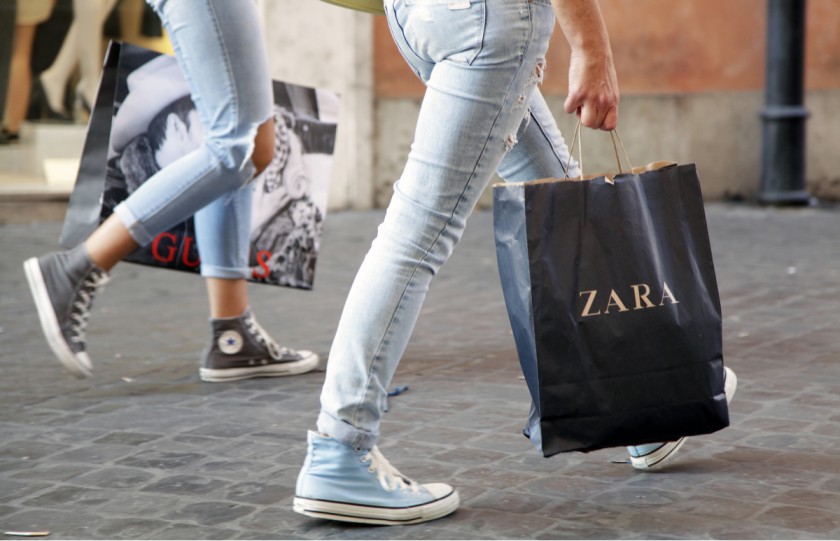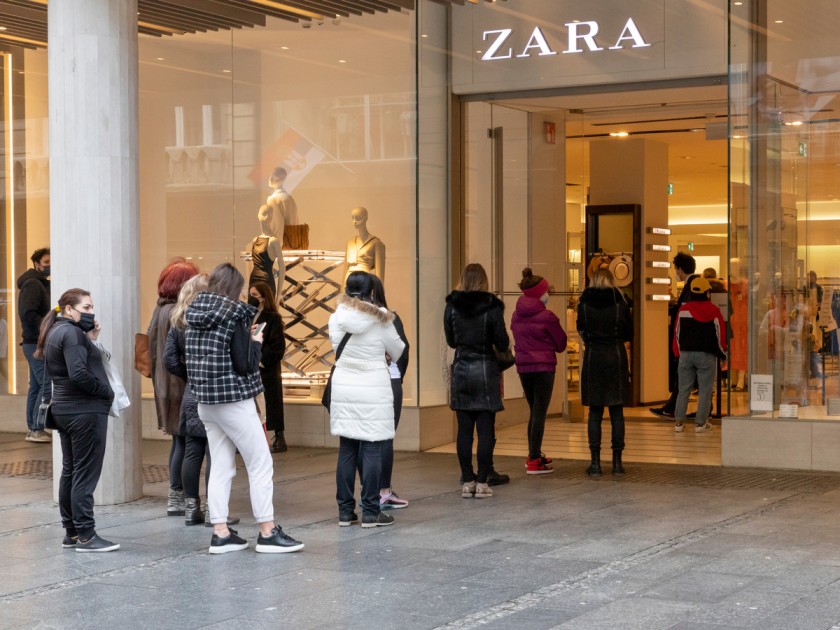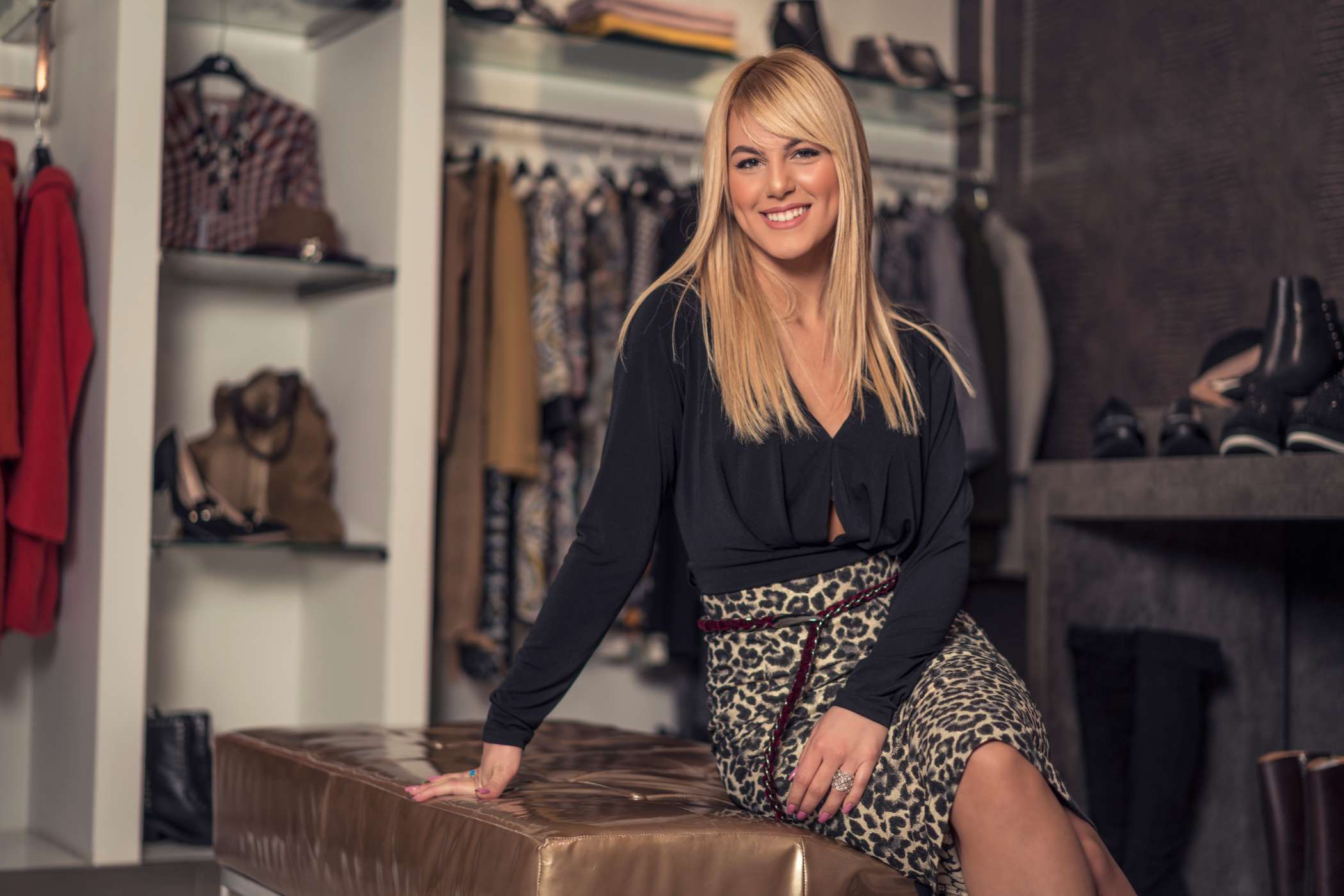Shein Vs. Zara: A Case Study on Fast Fashion



The last two decades have drastically changed the definition of fashion. Once an occasional activity, shopping for clothes is now a regular deed. Earlier, fashion changed with every new season or year, with many trends having a timeless appeal. For the past 20 years, fashion has been forcing people to update their wardrobes weekly or monthly, deeming styles irrelevant that were a hit just weeks ago. This quick in and out trend has been coined as fast fashion. It is seeing many new and old brands, directly or indirectly, competing.
Fast Fashion
Gone are the days when you daydreamed about wearing the same clothes you saw on a celebrity. Fast fashion has made it possible to look like your favorite celeb without emptying your pockets. It keeps an alert eye on the trends started by celebrities and models and immediately comes up with an affordable version for the public. The materials used are of lower quality and degrade after just a few wears.
This trend allows you to buy clothes without thinking twice about the price, wear them to your hip holidays and parties, and then forget about them. Then, a fresh fashion trend hits the market to replace the previous one. This is a cycle that moves at a quick pace and lets you flaunt varied looks and stay ‘in’ fashion all year round. The target audience of this fashion finds the cycle thrilling. It helps with their love for donning new looks for every occasion and season.
Fast fashion is all about making available trendsetting clothes at lower prices as fast as possible. If you loved what a celebrity posed in on an Instagram post, start searching for it immediately in offline or online stores. The place you find it is your go-to shopping store, for it’s a fast fashion brand made for customers like you.
This trend is changing the way we dress, with many brands competing hard to catch new buyers’ attention. We are here to discuss two brands that already have a strong footing in the fast fashion trend. They are Shein and Zara. Here, we present a case study on how these brands journeyed from being a small clothes store to one of the most sought-after fashion brands.
Shein: How It All Started
Shein is a Chinese brand started in 2008 by Chris Xu. This online store was initially named SheInside and targeted consumers outside China, such as the US. In the beginning, it was a site to shop for beautiful wedding dresses and other apparel for women. It didn’t manufacture its clothes but procured them from a wholesale market and delivered them to customers in various countries.
Fast forward to 2015, SheInside became Shein and started designing and making its clothes. This move, coupled with its smart marketing strategy, made it a well-known name among the youth. With over 800 designers and a strong social media advertising and presence, Shein is now a brand that offers clothing and accessories for not just women but also men and kids.
Zara: How It All Started

Zara is much older than Shein; it was founded in 1975 in Spain by Amancio Ortega and Rosalia Mera. And unlike Shein, Zara had always aimed to be a fast fashion brand. From its inception, it became a hit among consumers by offering low-cost versions of popular and expensive clothing. The designs and manufacturing of the clothing were taken care of by Amancio, who also made sure they reached their buyers pretty quickly. Slowly, the brand extended its reach by opening stores in New York, Paris, Norway, Israel, Portugal, Belgium, and 90 other locations. Zara is also responsible for founding Inditex, a distributing system responsible for the shifting trends in the fashion world.
Shein: The Journey from a Slow to a Fast Fashion Brand
Shein started as a regular fashion brand and emerged to be a top contender in fast fashion, even challenging the world’s largest fast fashion brand Zara. Various factors have led to this development. Let’s have a look at them.
1. Versatility
Variety is Shein’s strongest point. In most cases, fast fashion brands cater to only one segment of society. Shein has everything for everyone. Without a doubt, it is a one-stop shop for everything fashionable for women, men, and kids. Its offerings don’t stop there; the online store also offers gadgets, home, and beauty essentials. It is also one of the first few brands to have fashionable clothing online for plus-sized women.
2. New Launches
One thing that sets Shein apart from its competitors is its newness in products. Visit the site every day and be greeted with an array of new products. Since it caters to consumers between the age group of 16-30, this latest product launch approach helps it stay relevant and never disappoint its young consumers. Shein launches thousands of new products every day, making it one of the fastest producing fashion brands.
3. High Fashion at a Low-Price Tag
Everyone who shops from Shein is always delighted about how low priced the products are. Keeping its young consumers in mind, Shein prices its clothes and accessories lower than its competitors, thus attracting more shoppers. Its clothes are priced between Rs. 500 and Rs. 2000. That’s the lowest for a fast fashion brand selling affordable variations of expensive products.
Impactful Social Media Advertising
Shein uses popular faces for its brand promotion on social media. This promotion strategy has made it gain many followers and increased its brand awareness among new buyers. It is one of the primary reasons that Shein has seen an increase in its sale and moved up the ranks in the fast fashion industry.
Zara: How It Emerged as The King of Fast Fashion
Zara is much older with a better footing in the fast fashion world. An emerging fashion brand can learn a thing or two to succeed in the industry from Zara. Here’s what makes Zara a success story in the fast fashion scene.
1. In-House Design and Production
The quality of Zara clothing has a luxurious feel to it despite it being a low-cost variation of expensive popular clothing. That’s the magic of its designers. Zara apparels are a rich imitation of the trending catwalk designs that never fail to appeal to the younger lot. Zara clothes are never out of production; the designers are quick to implement any changes in the design, color, and size of the clothing as per the consumer’s needs.
2. FOMO Inducing Retail Strategy

Zara creates a now-or-never panic among its customers with its retail strategy. It urges its customers to get the product they like now because they won’t find it the next week. This FOMO strategy has worked in helping it achieve a massive footfall of customers, making most of its styles go out of stock within a few days of hitting the shelf.
3. Offline Stores
Zara started as an offline store in Spain and opened several more there once it tasted success. Today, you will find a Zara store everywhere, from New York to Paris to India. This gives it more exposure while also lending its inexpensive products an opulent touch. Great thought has been put into making the stores beautiful from the inside out, thus luring many customers who are pleasantly surprised to find the latest fashions at such low costs.
4. Unique Marketing Approach
While surfing the internet or social media, there are very few chances of you seeing an ad featuring Zara products. Zara doesn’t believe in hefty marketing, as is seen in other top fashion brands. This less marketing strategy benefits the brand in 3 ways:
- It helps save lots of money, which adds to its profitability.
- It brings inclusivity to the brand’s products, and
- It underexposes Zara’s designs. Thus, if you buy something from Zara, it is highly likely to be unique.
Final Words
Zara and Shein offer the perfect cases to study the trend of fast fashion and the strategies to stay relevant to today’s masses. Both the brands stand in their own right, boasting a great base of loyal customers.
If you want to start your fashion brand, leave the difficult task of sourcing to us. Get in touch with Fashinza to find suitable manufacturers for your apparel. Relax as we handle everything from fabric and designing to the quick and safe delivery of your products. We also help manufacturers find clients from our community of over 100,000 brands.



















